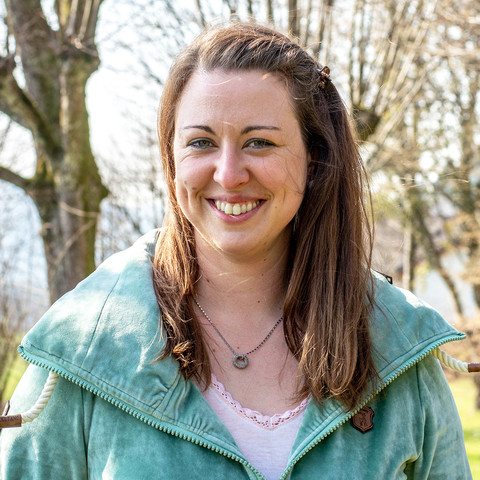JANINA DIEHL, PhD
Janina is generally very interested in social evolution of animals and their behavioural ecology. The topics she already had contact with, like social immunity, influence of pathogens and symbionts on their hosts, factors that shape different kinds of behaviour (maternal care, sibling cooperation/conflict, food sharing, pathogen defence) aroused her interest for a career in science and she therefore looked for a PhD in this field. With research on the evolution of sociality in ambrosia beetles she can now dig deeper into the coevolution of sociality and fungiculture.
CONTACT AND LINKS
E-mail: janina.diehl[at]forento.uni-freiburg.de
Phone: +49 761/203 54125
ORCID ID: 0000-0002-3669-6017
Research Gate: link
Scopus ID: link
PUBLICATIONS
Diehl JMC, Keller A and Biedermann PHW (2023) Comparing the succession of microbial communities throughout development in field and laboratory nests of the ambrosia beetle Xyleborinus saxesenii. Front. Microbiol. 14:1151208. doi: 10.3389/fmicb.2023.1151208
Diehl, J.M.C., Kassie, D. & Biedermann, P.H.W. (2023) Friend or foe: Ambrosia beetle response to volatiles of common threats in their fungus gardens. Symbiosis 89, 353–358. https://doi.org/10.1007/s13199-023-00914-y
Diehl, J. M. C., Kowallik, V., Keller, A., & Biedermann, P. H. (2022). First experimental evidence for active farming in ambrosia beetles and strong heredity of garden microbiomes. Proceedings of the Royal Society B, 289(1986), p.20221458.
Nuotclà J. A., Diehl J. M. C. and Taborsky M. (2021). Habitat Quality Determines Dispersal Decisions and Fitness in a Beetle – Fungus Mutualism. Front. Ecol. Evol. 9:602672. doi.org/10.3389/fevo.2021.602672
Diehl, J and Meunier J (2018). Surrounding pathogens shape maternal investment into egg care but not egg production in the European earwig. Behavioral Ecology, 29 (1): 128-136. doi.org/10.1093/beheco/arx140
Kramer, J; Körner, M; Diehl, J; Scheiner, C; Yüksel-Dadak, A; Christl, T; Kohlmeier, P; Meunier, J (2017). When earwig mothers do not care to share: parent-offspring competition and the evolution of family life. Functional Ecology, 31(11), 2098-2107. doi.org/10.1111/1365-2435.12915
Körner, M, Diehl, J and Meunier, J (2016). Growing up with feces: benefits of allo-coprophagy in families of the European earwig. Behavioral Ecology, 27 (6): 1775-1781. doi.org/10.1093/beheco/arw113
Diehl, J, Körner, M, Pietsch, M and Meunier, J (2015). Feces production as a form of social immunity in an insect with facultative maternal care. BMC Evolutionary Biology, 15:40. doi.org/10.1186/s12862-015-0330-4

